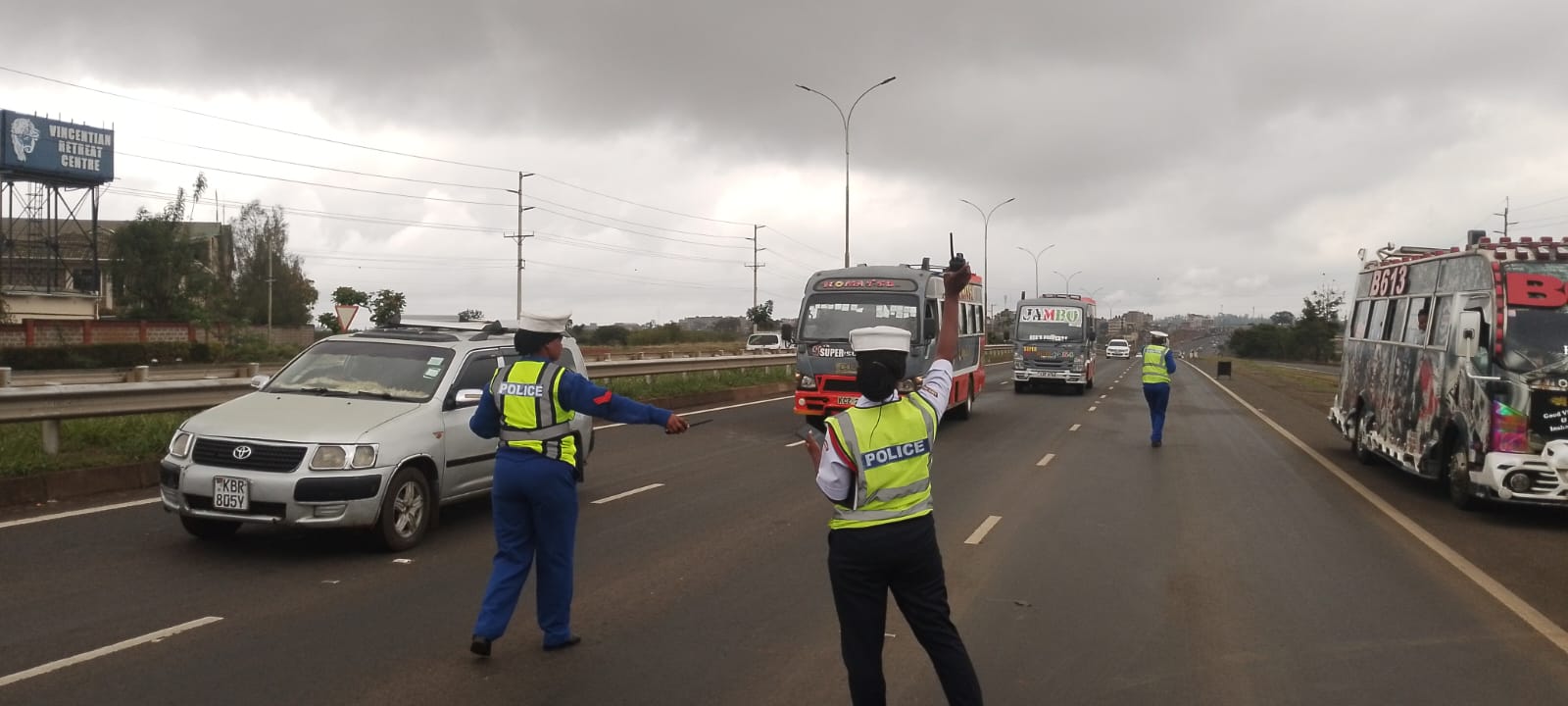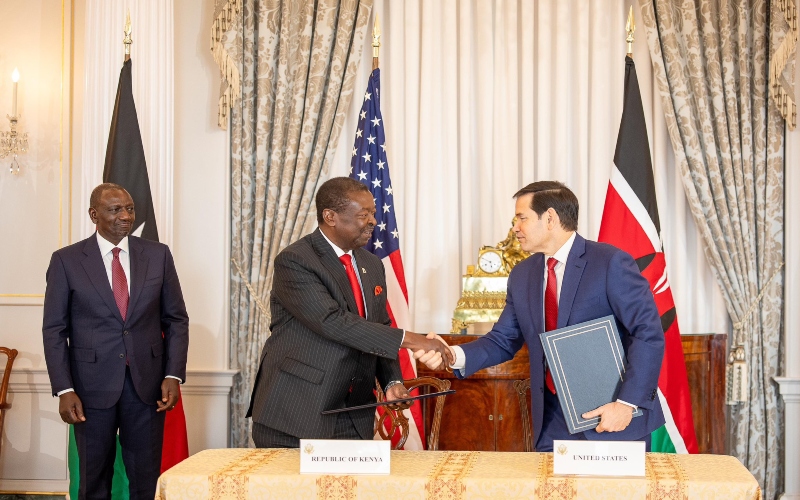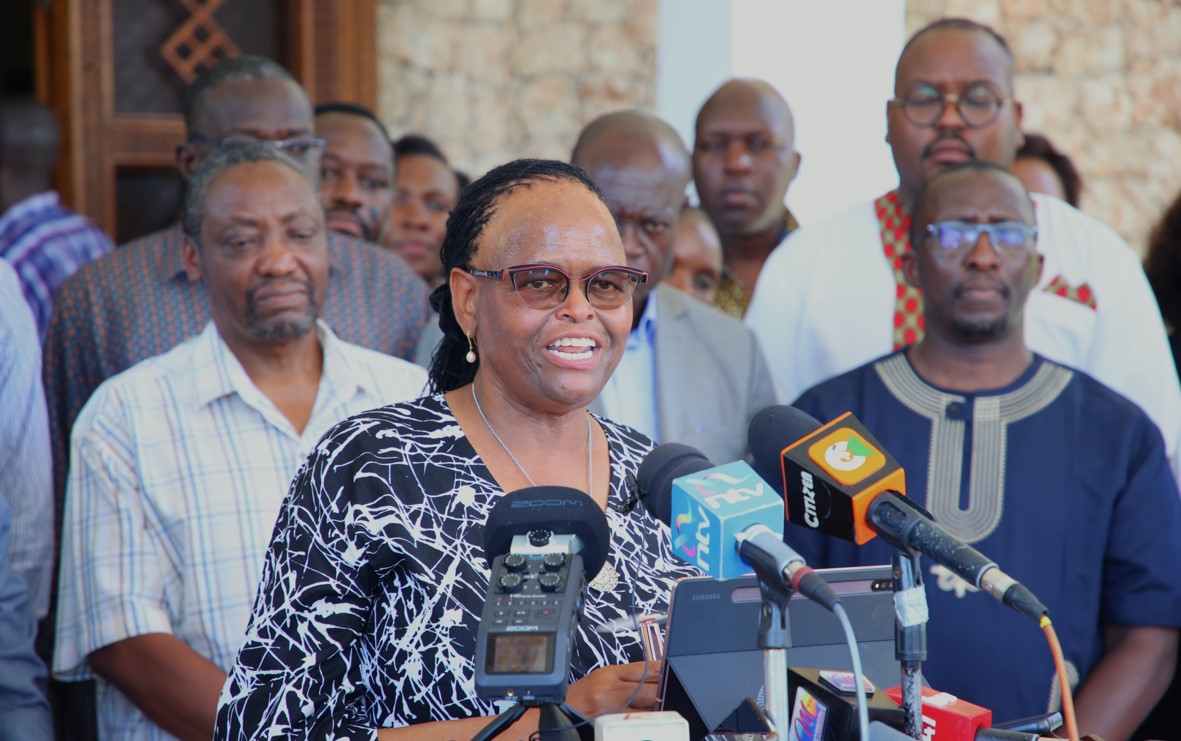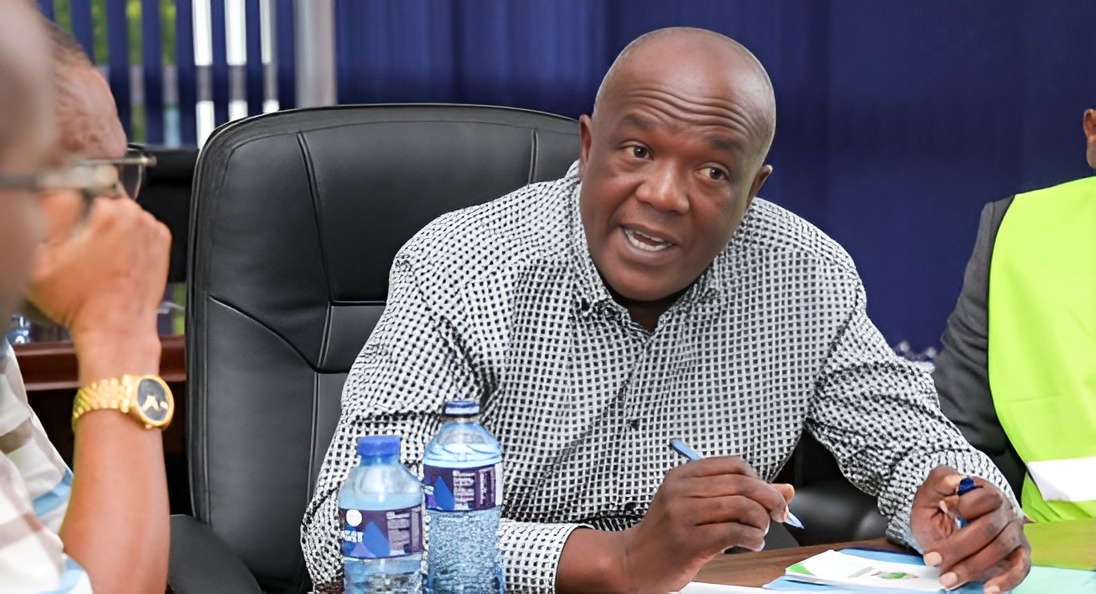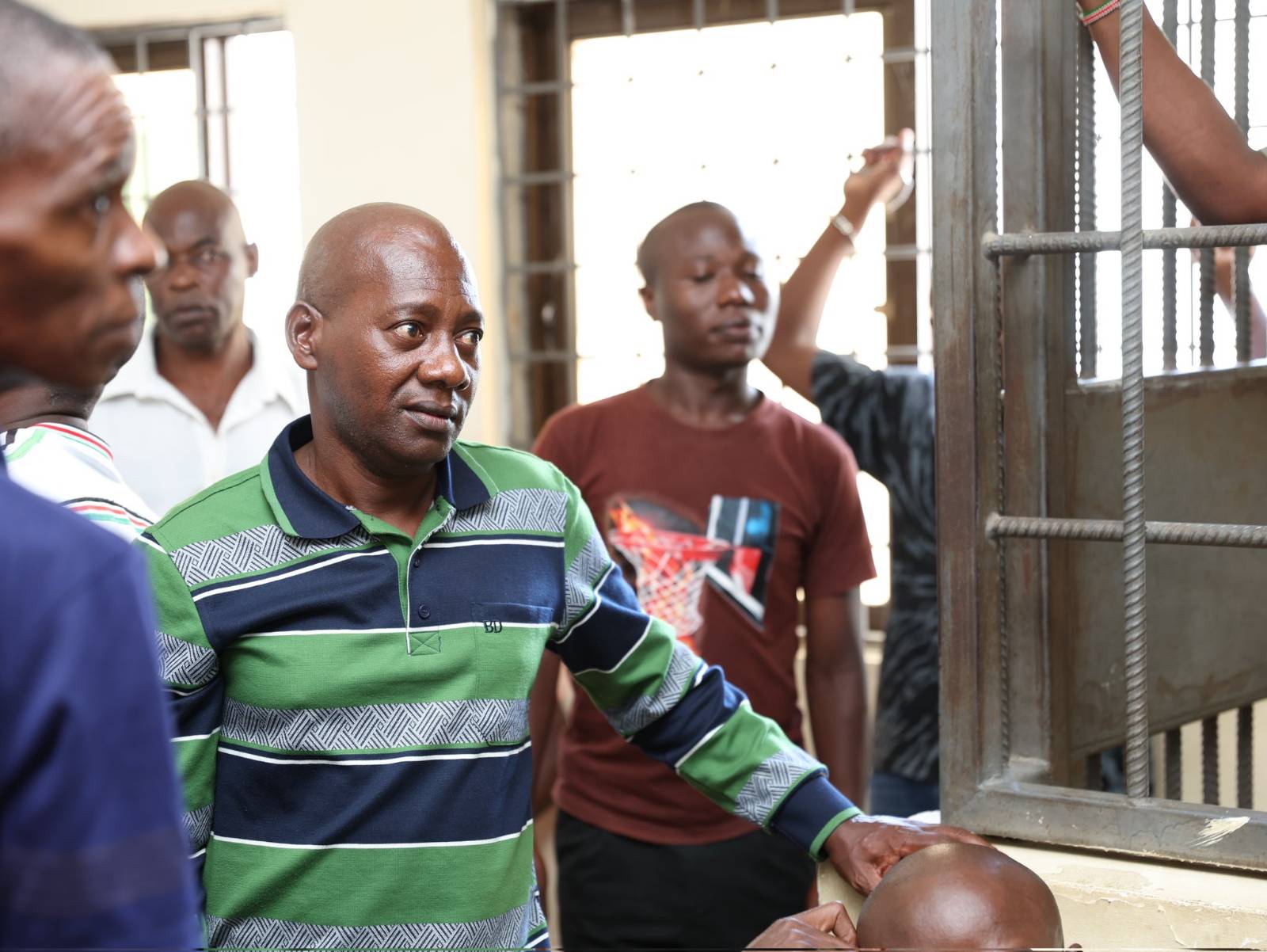Shortage of critical BCG vaccine puts children in Kenya at risk of getting TB

The BCG vaccine, one of the oldest immunisations still in use globally, is a cornerstone of childhood vaccination programmes.
Barely months after overcoming a similar crisis, Kenya is again grappling with a shortage of the critical Bacillus Calmette-Guérin (BCG) vaccine, leaving many newborns unprotected against tuberculosis (TB).
A spot check in several hospitals revealed an acute lack of both the vaccine and essential supplies like syringes, compounding the crisis.
More To Read
- All we want for Sudan is peace, say children fleeing violence
- Children killed in Sudan’s South Kordofan drone attacks as humanitarian crisis worsens
- UNICEF, Save the Children hail Turkana’s progress in tackling malnutrition
- Sudan’s crisis deepens with communities trapped in ‘siege conditions’
- Over 600 million children exposed to violence at home, UNICEF warns
- Kenya unveils advanced bronchoscopy programme at KNH to strengthen respiratory care
The BCG vaccine, one of the oldest immunisations still in use globally, is a cornerstone of childhood vaccination programmes. It protects against severe forms of TB, including TB meningitis and miliary TB, which are life-threatening in young children.
Typically administered at birth, the vaccine is most effective in the early months of life, ensuring infants are safeguarded during their most vulnerable stages. Delays in immunisation can leave children exposed to TB, increasing risks of severe illness, long-term disabilities, or even death, while also contributing to the spread of TB in communities.
Out of stock
Medical professionals have warned over the worsening situation, with the Ministry of Health confirming that government hospitals and vaccine stores have been out of stock.
A spot check by The Eastleigh Voice revealed that several hospitals lack various essential supplies, including syringes and vital medicines required for the vaccination.
Several counties including Kisumu, Kakamega, Bomet, Narok, Turkana, Wajir, Isiolo, Mandera, Garissa, Uasin Gishu, Marsabit, and Homa Bay are among the hardest hit.
Mothers in counties like Kisumu are being discharged without the vaccine and are instead advised to register their children for immunisation once supplies are replenished.
Refugee camps, such as Kakuma and Dadaab have also been affected.
Buffer stocks for BCG, oral polio, and Rotavirus vaccines have been depleted, posing significant health risks to refugees and nearby communities.
In an interview with Daily Nation, Medical Services Principal Secretary Harry Kimtai announced that the government has procured 2.6 million doses of the BCG vaccine, expected to arrive in the third week of January.
The Ministry of Health has partnered with UNICEF's supply division to expedite the vaccine's shipment and ensure immediate distribution to nine regional stores upon arrival.
“There has been a slight delay in the delivery of these vaccines, but the government has resolved this with UNICEF’s supply division,” Kimtai stated.
The PS acknowledged delays caused by global procurement challenges for traditional vaccines but assured that the issues have been resolved. However, this marks the second stock-out of vital vaccines in less than a year.
In 2024, the government faced a similar crisis, linked to a Sh1.5 billion debt owed to UNICEF and Gavi, the vaccine alliance. This debt delayed the release of Sh8 billion in co-financing funds for vaccine procurement, contributing to recurring shortages.
The government has urged caregivers to proceed with other immunisations while awaiting the return of BCG supplies. It remains committed to ensuring that all children are protected from vaccine-preventable diseases.
Vulnerable to disruptions
The crisis highlights Kenya's heavy reliance on foreign aid for vaccine procurement, leaving the country vulnerable to disruptions. Prolonged stock-outs of essential vaccines like the BCG expose children to preventable diseases, undermining public health efforts and threatening the well-being of the most vulnerable populations.
The ongoing vaccine shortage reflects the urgent need for sustainable solutions to ensure consistent access to life-saving immunisations and protect communities from the devastating effects of vaccine-preventable diseases.
Serious consequences
When a child is not vaccinated with the BCG vaccine, several serious consequences can arise.
Delaying vaccination can result in children developing severe TB, leading to long-term disabilities, including neurological damage.
Without the protective benefits of the BCG vaccine, children are at a higher risk of dying from TB, especially in its more severe forms.
Unvaccinated children are more likely to contract and spread TB, contributing to outbreaks within communities and putting others at risk.
When vaccination is delayed, especially if a child is exposed to TB before being vaccinated, the BCG vaccine becomes less effective in protecting against the disease.
Top Stories Today





